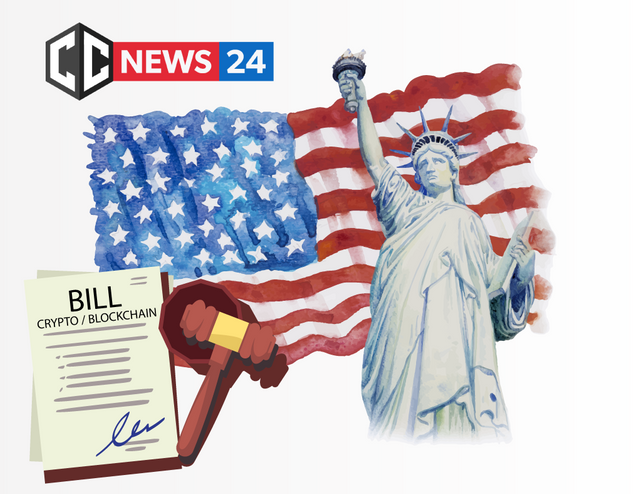
For U.S. legislation, cryptocurrencies are probably a scarecrow, and the U.S. Congress has responded with a number of bills. According to official information published by Forbes, the 116th U.S. Congress , convened on January 3, 2019 to date, has submitted 40 bills on cryptocurrencies and blockchain technologies.
Of the 40 laws submitted, 11 passed through the House of Representatives and 2 became laws.
As for these two approved laws, they are to form part of much larger draft laws involving the appropriations process. The first law focuses more on how cryptocurrency affects economic sanctions and the second law, on how the Department of Defense can use blockchain technology. Congress has conducted several briefings on these laws.
It serves to mention some of the proposals passed the House of Representatives and are still waiting for measures to be taken by the U.S. Senate.
Of the 9 proposals, up to 3 focuses on exploring the possibilities of blockchain technology and digital identity in the concept to improve the whole process of data analysis and information distribution to law enforcement.
Specifically:
The Financial Technology Protection Act of 2019
The Homeland Security Assessment of Terrorists’ Use of Virtual Currencies Act
The Fight Illicit Networks and Detect Trafficking Act
The Blockchain Innovation Act
The Advancing Blockchain Act
The Digital Taxonomy Act
The Consumer Safety Technology Act
The American Competitiveness on More Productive Emerging Tech Economy (COMPETE) Act
To see the full report on these 40 bills, the Value Technology Foundation is expected to publish it by the end of 2020.